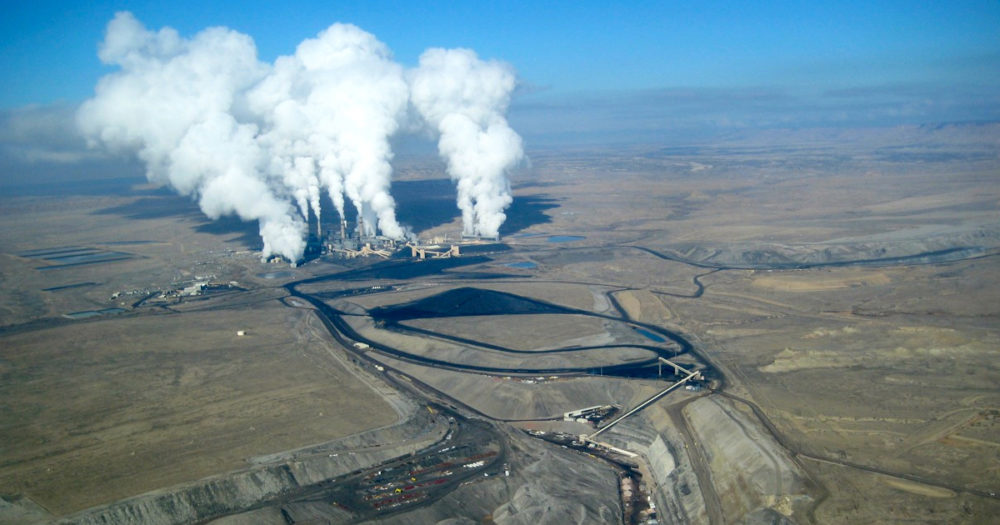Changing technology, from low cost wind and solar, to pollution control added to coal plants, to fracking for natural gas, has created a new debate about where we should get our electricity. The debate has reached new levels with an order today from the White House to protect coal and nuclear plants from competition, even where the plants voluntarily agreed to participate in competitive markets.
This isn’t the first time the debate over grid reliability has included the Department of Defense (DOD), and despite what the White House says, the regional grid operators are still maintaining reliability.
The DOD is the largest single buyer of energy on the planet. They know a bit about fuel security, and they spend a lot of money on day-to-day energy needs. In the announcements and justifications today that the national defense depends on old coal and nuclear plants, there isn’t any recognition of what the DOD has been saying and doing.
James Mattis, Trump’s Secretary of Defense, is credited with the energy strategy for war fighters to “unleash us from the tether of fuel.” In this regard, there is an on-going effort to build renewable energy and energy-storage facilities on US military bases. Because almost every power outage in the US was caused by problems with the wires, the DOD is interested in power supplies located on base, and not dependent on fuel. Wind and solar have been welcomed by the DOD.
The DOD has also warned against “not appropriately valuing the continuing contribution of renewable resources in meeting requirements.” This was in the context of a PJM (grid operator for 13 states in Mid-Atlantic and Ohio Valley) debate over need for more fuel assurance in winter weather.
Meanwhile, the operators of grids in the US are not interested in the Trump Administration’s interference with energy markets. Comments filed at FERC by the federally-regulate independent grid system operators were uniformly hostile when Secretary Perry ordered a rulemaking last year for plants with a 90-day fuel supply. This is true for grid operators that have little or no coal plants running on their system. It is also true of PJM, which put out a statement that it is uninterested in the today’s recycling of the Administration’s coal plant proposal.
Earlier today PJM, the grid operator with one of the least-supportive environments for wind and solar, said that they are doing just fine without the current proposal:
Our analysis of the recently announced planned deactivations of certain nuclear plants has determined that there is no immediate threat to system reliability,” the operator stated. “Markets have helped to establish a reliable grid with historically low prices. Any federal intervention in the market to order customers to buy electricity from specific power plants would be damaging to the markets and therefore costly to consumers.
(Credit Julia Pyper, Jeff St. John at Greentech Media.)
Given that the organizations most relevant to this issue are not seeing this as helping, the question has to be, “Why are we going through this again?” There isn’t a claim that there is some long-term benefit to raising costs for all consumers, trashing markets and the decisions made to invest in them, and polluting our air, land and water with the coal ash, waste heat and carbon emissions. This proposal does not make America safer, does not advance the technologies we need, and does not provide a path to cost-reductions, or cleaner environments, or even a better-supplied military.
Once we get the Adminstration’s ideas for implementation (yes, they’re not ready with that) we can compare to last year’s proposed rule, which would have had disastrous impacts on human health, cost consumers billions, hurt competitive energy markets, all while doing nothing to improve and possibly even impede, grid reliability and resiliency.
Stay tuned.


